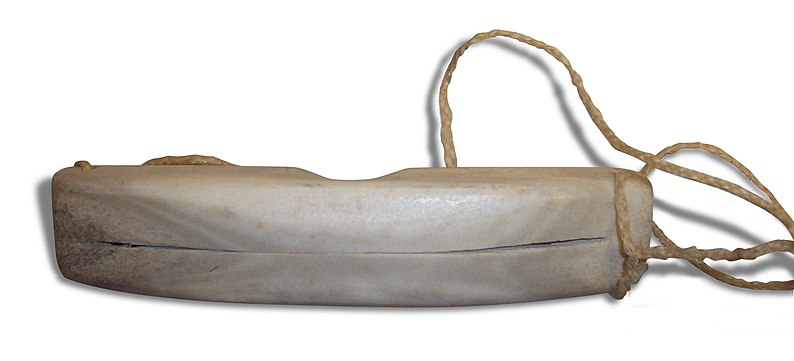It's been awhile since my last post, but I assure you I haven't been totally slacking off. I've been spending the last few weeks reading. One day during lunch I went to Half Price Books. The selection wasn't the greatest but since the books were so cheap I didn't mind buying anything that looked reasonably interesting. I ended up with eight books for $50 including one ("The Paleo Diet") that I was considering buying new online.
"The Paleo Diet" is a very interesting book (and diet). The theory is that for millions of years humans have evolved eating a diet of lean meats, fruits, vegetables and nuts and seeds and only in the last 10,000 years has man taken to eating grains, dairy food and large quantities saturated fats. The author claims that the Paleo Diet is healthier because our bodies have evolved based on that diet.
I'd like to try this diet but I first need to eat up all the cereal food I have stored up. I've also been thinking about storing food for a survival situation. I figure I would start with two weeks worth and work my way up to a couple months. But, I don't know how well that would work with the Paleo Diet. The two ideas are not exactly complimentary. The Paleo Diet doesn't allow for cereals which are the basis of every survival food storage program I've read about. It also avoids canned foods that have preservatives and salt added. I think that leaves dehydrating the food, but I don't think all fruits and vegetables will dehydrate well. I need to figure out the best way to store food for the Paleo Diet.
Another interesting book I read is "Tappan On Survival". This book is written by Mel Tappan who wrote a lot of articles for "Guns & Ammo" and "Soldier of Fortune" magazines. The book is basically all his articles compiled into book form. It was published in 1981 during the Cold War and a few years after the oil crisis. So based on these points it is easy to see why half of the book is dedicated to firearms even though it is his fifth priority in a survival situation.
The book laid out his plan for a post-apocalyptic survival scenario. The approach was a mix of what I think of as the stereotypical gun toting survivalist and a hunter gatherer. On the one hand he relies on guns for hunting and pest control, but on the other he talks about gathering wild food and caretaking his plot of land to survive off of it. I read the book with an open mind and took what I could from it.
He argued for living in a small town as the best way to survive a civilization crash. The small town would be small enough to bond together in defense against looters, share food and have medical care.
It was definitely insightful reading about different guns and there advantages and disadvantages in a survival situation. Even if I never buy one, I at least know more about them. All in all it was a good book for the four dollars I spent on it.
Finally, I've been reading a lot more about the "Peak Oil" situation. If you are interested in knowing more I suggest reading the main page on this site:
http://lifeaftertheoilcrash.net/Index.html.



